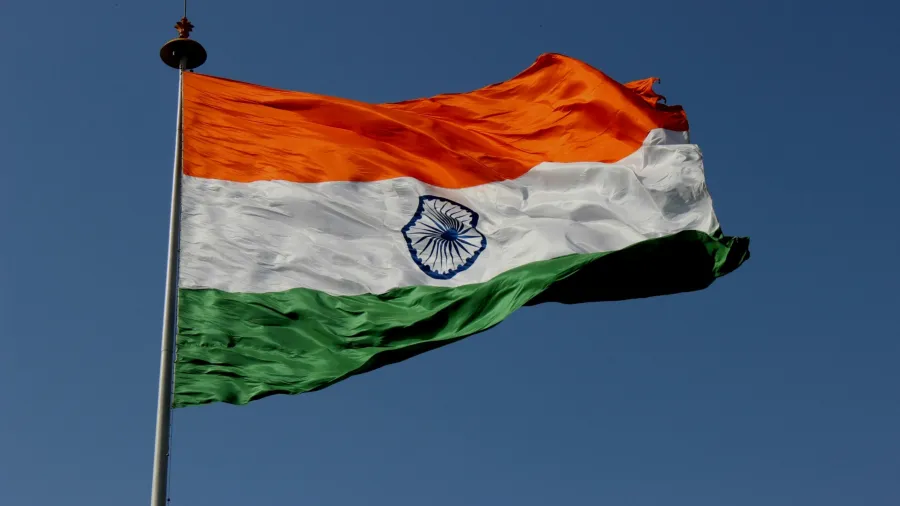
India to remain dependent on imported critical minerals for energy transition
Demand for such is expected to more than double by 2030.
India should carefully formulate its strategy as it is projected to remain dependent on imported minerals that are vital in its shift to renewable energy, according to the Institute for Energy Economics and Financial Analysis (IEEFA).
Of the five critical minerals it examined, IEEFA said India has 100% import dependency for lithium, cobalt and nickel.
The think tank expects demand for critical minerals to more than double by 2030, whilst domestic mines will take more than a decade to start producing.
“India should strive to de-risk its critical minerals sourcing by identifying new international resources and expediting domestic production. A concerted effort to partner with and foster bilateral relations with mineral-rich nations should be a priority for India,” said the report’s co-author Charith Konda, energy specialist at IEEFA.
He said the country can tap resource-rich, friendly nations, such as Australia and Chile, as well as African countries like Ghana and South Africa.
Meanwhile, synthetic graphite and natural graphite need policy intervention to diversify procurement sources, IEEFA said.
“For both variants of graphite, India depends heavily on China. Mozambique, Madagascar, Brazil, and Tanzania are some countries with the highest graphite production. As part of the Global South cooperation initiatives, these countries could be favourable partners for India for graphite trading,” said the report’s co-author Kaira Rakheja, energy analyst at IEEFA.
India is also highly import-dependent for copper cathodes and nickel sulphates, from Japan and Belgium. IEEFA suggests looking at the US, the fifth largest producer of copper in the world, to diversify its suppliers and enhance supply security.
For minerals like lithium oxide and nickel oxide, imports largely come from Russia and China, both countries with potential trade risks.
“Developing domestic lithium refining capacity will help India integrate with the global lithium supply chain,” said Rakheja.
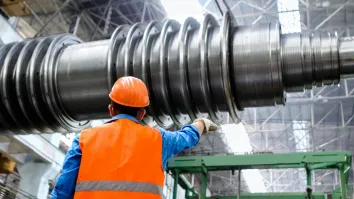
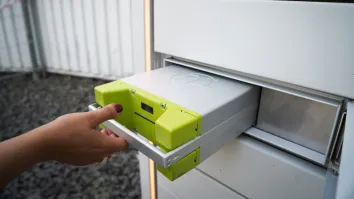
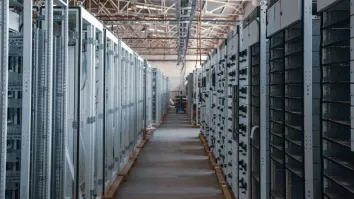
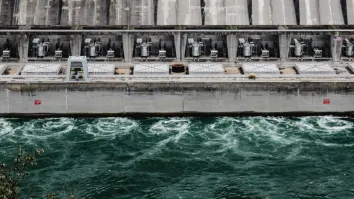













 Advertise
Advertise







